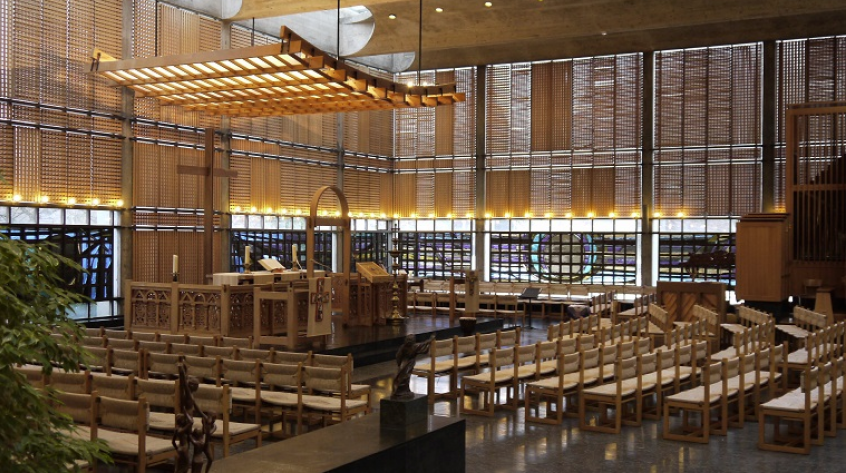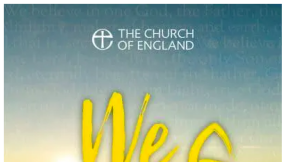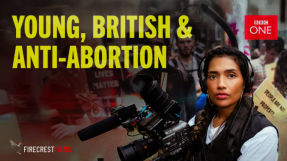The World Evangelical Alliance (WEA) has responded to charges from three of its member bodies that it has an 'ecumenical agenda' inconsistent with its historic evangelical roots.
National Evangelical Alliances in Italy, Spain and Malta released an open letter in December alleging there had been a 'progressive implementation of an ecumenical agenda in WEA without proper discussion at a grassroot level and without involving the different parts of the Alliance in the decision-making process'.

It also says this 'ecumenical trajectory' is to reach a 'tipping point' in 2018.
The statement placed on the WEA's website followed meetings between its secretary general Bishop Efraim Tendero and the Alliances of Italy and Spain. It says: 'Although we have not resolved our disagreements, we have achieved greater understanding through this interaction.'
It says allegations of a 'tipping point' and that the WEA is 'about to sign a statement with the WCC [World Council of Churches] and the Roman Catholic Church on unity' are serious, but 'bear no resemblance to what the WEA is actually doing'.
It says the authors of the open letter misunderstood reports from two separate meetings of the Global Christian Forum, a platform for sharing and discussion in which the WEA has participated for the past 20 years, adding: 'We regret that the alliances that produced the open letter did not check their facts with us before publishing.'
However, it recognises that 'beneath this specific misunderstanding lies a deep-seated, ongoing concern about the WEA's intra-faith relations and particularly its relationship with the Roman Catholic Church (RCC). The EAs responsible for the open letter fear that too close a rapprochement and collaboration with the Catholic Church could undermine our ability to articulate the historic evangelical faith in an uncompromised way.'
The WEA statement denies it has 'changed, betrayed or compromised' its theological principles by engaging with Roman Catholics and denies that it seeks ecclesial or sacramental unity. It says the question of how far Roman Catholicism has changed during the last 50 years is 'a very complex issue requiring careful discernment, and we respect the existence of a wide variety of opinions on this issue among evangelicals'.
It says the organisation recognises 'a need to be more proactive in communicating with our constituency about our activities'.
Conservative evangelicals have long been suspicious of anything that looks like too-close engagement with the WCC and the Roman Catholic Church by the WEA and mainstream Protestants. A new evangelical grouping, Covenant Christian Coalition, is seeking to position itself as a conservative alternative umbrella group for evangelicals globally.













